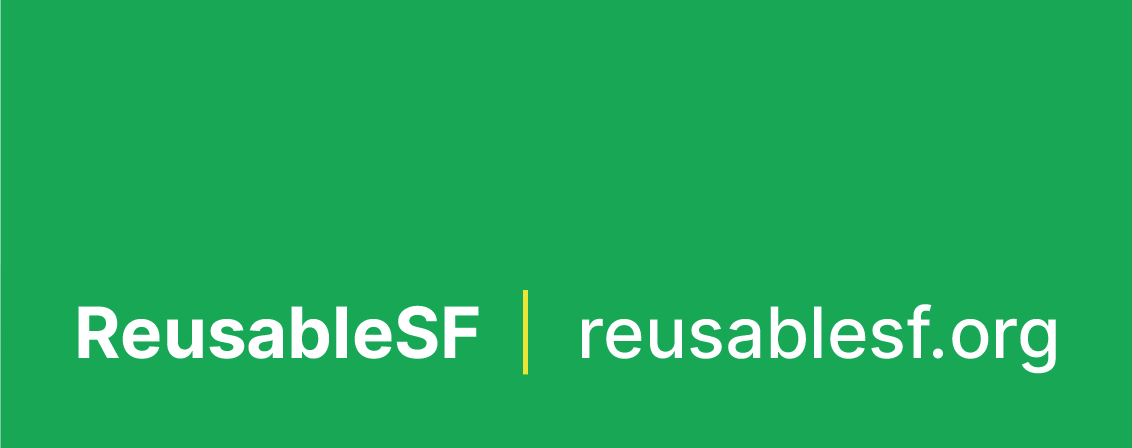
We are convening with environmentalists, scientists, & medical professionals.
Remember when everywhere we went, we could not escape cigarette smoke? It was not that long ago that our colleagues, bus drivers, pilots, and even doctors smoked indoors. When tobacco companies were forced to include cancer warnings on cigarette packages in 1965, 43% of the public smoked. In the early 2000s with the Clean Indoor Air Act, smoking bans in closed spaces became a norm in the US. As of 2015, only 15% of the public smokes—and these measures have passed almost entirely due to health and pollution impacts. Now, we go into a restaurant or a hotel and do not even consider the possibility of walking into a waft of smoke. We have smoke-free buildings, campuses and city zones to protect public health. From exposing the truth of plastic health impacts, Throw-Away Free Places is the natural next step for the health of our planet AND our families.
Today
Tomorrow
When we think of plastic pollution, we largely think about the ocean and the impacts on marine wildlife. This is just one of many ecosystems that plastic pollutes. When plastic particles and their chemical additives enter the human body, we can fall ill without having a clear reason why. The chemical cocktails of plastics and plasticizers disrupt endocrine systems, damage brains, cause obesity, and alter development and reproduction. Exposure to plastics in utero can harm people for life, and plastic particles can cause chronic inflammation in our bodies. Chronic inflammation is called the “silent killer” because it leads to diseases that touch every family such as cancers, cardiovascular diseases, Alzheimer’s, dementia, Parkinson’s, depression, arthritis, asthma and chronic fatigue syndrome.
Our Plastics Exposed project will engage scientific advisors to draft a Declaration of Concern so we can draw these clear links from plastic toxicity to human health. Substances like plastic are just as toxic to our bodies as they are to our environment.
Exposing the health risks of plastics on human health will be a cultural game-changer, evolving the view of plastics as sterile and clean to toxic and disease causing. The story of micro-plastic impacts on human health has not been told. To build this story, UPSTREAM is partnering with GAIA and Zero Waste Europe to host a conference with scientists, medical experts, and environmentalists. This project will publicize the impacts of plastics in oceans, air, food, and drinking water across the globe to tell the untold story of plastic pollution—the one we host in our bodies.
OTHER PROJECTS
Throw-Away-Free Communities
Forget your coffee mug? Our project has your back!
Throw-Away-Free Places
There’s a better way than throw-away!








